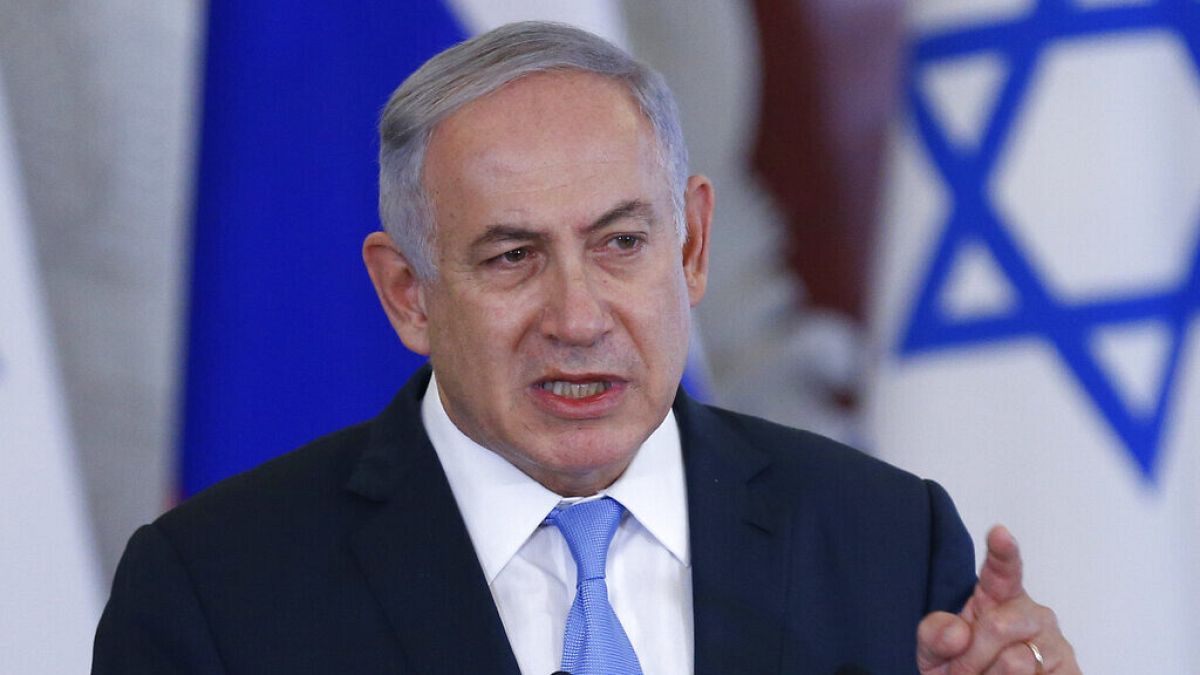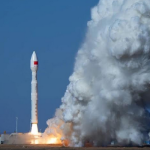In September, a mysterious explosion of walkie-talkies and pagers across Lebanon and parts of Syria resulted in the deaths of 39 people and the injury of thousands. Israeli Prime Minister Benjamin Netanyahu has admitted to authorizing the operation, despite opposition from senior officials in the defense establishment. The explosions targeted Hezbollah members, killing 37 people and injuring almost 3,000. Lebanon has filed a complaint against Israel at the UN’s Labour Organization for the attacks, claiming that workers were among the casualties. While Israel had not initially confirmed its involvement, former Defense Minister Yoav Gallant praised the successful mission carried out by the Israeli Defense Forces, Shin Bet, and Mossad.
Following the explosions in Lebanon and Syria, Israel continued its offensive in the region, with strikes in Lebanon and Gaza that resulted in numerous civilian casualties. Netanyahu announced that he had spoken to President-elect Donald Trump, as Israeli airstrikes in Lebanon killed at least 23 people, including seven children. The strikes were aimed at a Hezbollah weapons storage site, although there were claims that no Hezbollah assets or personnel were present at the targeted location. In Gaza, a separate strike killed three people, while another strike in northern Gaza resulted in 17 fatalities.
The conflict between Israel and Hezbollah in Lebanon, as well as Hamas in Gaza, has intensified since the killing of Hezbollah leader Hassan Nasrallah and other top commanders. Calls for a ceasefire from the US, under President Joe Biden, have been renewed, but ceasefire efforts have stalled, with Qatar suspending its mediation. President-elect Trump’s stance on the conflict remains unclear, but he has shown support for Israel and has spoken with Netanyahu multiple times since the election, emphasizing a shared concern about the threat from Iran, a key supporter of Hezbollah in Lebanon. Trump’s previous actions, such as withdrawing the US from the Iran nuclear deal, have indicated a strong stance against Iran.
As the conflict in the region continues to escalate, the role of the United States under President Biden and the upcoming administration under President-elect Trump remains uncertain. While efforts to broker a ceasefire have faltered, the involvement of key players such as Qatar and the potential shift in US policy under Trump could impact the trajectory of the conflict. The ongoing violence in Lebanon and Gaza underscores the challenges of the conflict and the complexities of the regional dynamics. It remains to be seen how the international community will respond to the escalating situation and what steps will be taken to address the root causes of the conflict.





















